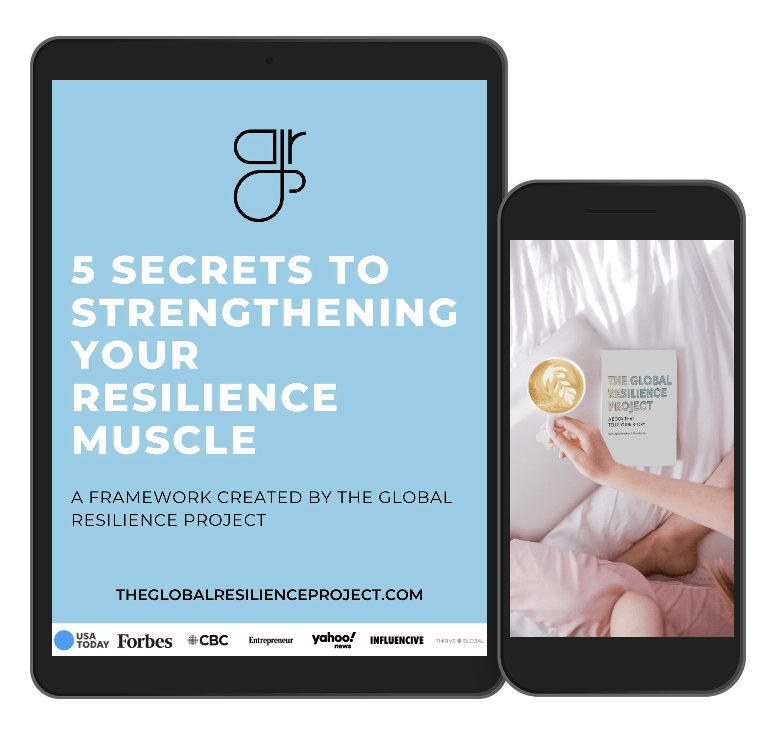This is Jennifer Crawford and they are RESILIENT.

CONTENT WARNING: The I Am Resilient Project provides an open space for people to share their personal experiences. Some content in this post and on this website will include topics that you may find difficult.
Describe the situation where you had to be resilient:
After a lifetime of accruing traumas and over-achieving at them instead of healing, I smashed into a booze-and-rage fuelled rock bottom.
Jennifer’s Story
It’s hard to tell when my story starts. Was it when I was 4, so anxious and panicked at pre-school that I hid in the bathroom? Or at 10, and the relentless sexual harassment from adult men started, so wholly immersive that I came to barely notice a lifetime of intolerable conditions? Or maybe at 20, holding my dad’s hand as he died? Maybe later still, limping from surviving abuse to violence to assaults? All the while, I achieved higher and higher. In a decade of university, I had straight-As. I competed in powerful sports at a high level, finishing a marathon, competing in powerlifting, a stint in amateur boxing, and varsity rugby.
At any point in my life, people called me resilient. I heard this word in association with me all the time. I wanted to believe it, but every trauma left me more and more frail. Being called resilient, even appearing resilient to others was not enough to make me feel it about my own self. I was trying to accrue as much evidence as I could that I was resilient, issuing myself ever greater challenges to overcome, gathering evidence of my strength. Every trauma was a fracture of the self right down to my very foundations. I’d never taken the time to feel and acknowledge my own pain and suffering — my ego was too concerned with appearing “inspirational,” “strong,” and “resilient.” I tried to force myself into post-traumatic growth through feats of actual strength.
Spoiler alert: this does not work. If it did, I really would know; I have decades of field research to back-up this finding.
Every time I fell down the mountain, I immediately started climbing again, faster and more frantically than before. Alcohol helped to anesthetize the pain from each fall, but I was needing more and more of it. With every tumble, I’d climb higher than I did the last time, with fewer and fewer emotional resources. I didn’t know that when you get knocked down, sometimes the nicest and most sustainable option is to simply rest. And heal.
It wasn’t until my last kick down the mountain that I realized the toll it had taken on me. I crashed into the ground no harder than any other time, but because I’d been accruing fractures both tiny and mighty my whole life, I finally just broke into a million pieces. Maybe more. I stayed down. Not because I wanted to, but because I surrendered. I wasn’t going to be able to keep climbing this mountain. Not by myself, not again, not the way I’d been doing it my whole life. I needed help.
Someone once described surrendering to me as “laying down your arms and joining the winning side.” I was done fighting. It felt like giving up, but it also felt like a relief. It was humbling to admit that I didn’t know how to heal; I didn’t know how to live. I didn’t have to know everything — I just had to be willing to learn.
How did you practice resilience when faced with this challenge?
The most resilient thing I ever did was stop fighting, rest, and heal. Resiliency isn’t (to quote Rocky) “how hard you can get hit and keep moving forward.” The hits are non-negotiable. It’s how hard you can heal, moving forward when it feels ok.
Please share one piece of advice for people who are going through a similar challenge
Be so gentle with yourself, as much as you are able. Seeking help… actually helps. I thought I was beyond helping; now I know none of us are.
Are you ready to share your story of RESILIENCE? You can do that HERE.

